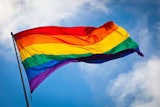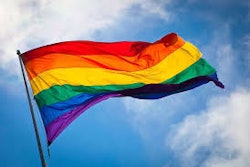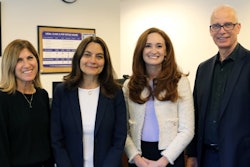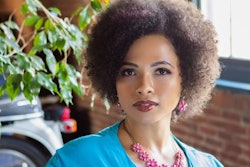I grew up in San Francisco a few blocks from the famed Castro district, and I covered the Pride parade in the ‘80s as a journalist, so I admit to having become somewhat blasé about Pride.
The celebration now dates back 43 years—nearly two generations.
Do people still have a problem with gay culture?
Evidently, yes.
So it was great to see the Supreme Court rule on matters last week, vacating the homophobic Defense of Marriage Act and throwing out California’s Prop. 8, the anti-same sex marriage law.
Wasn’t it self-evident—discrimination should be unconstitutional?
The DOMA ruling didn’t make gay marriage legal. It just makes the federal government recognize same-sex marriages in any state where the marriage is legal. Now, in the 13 states where same-sex marriage is recognized, those couples are no longer second-class citizens.
In California, where marriage recognition had been on hold for five years because of the Prop. 8 lawsuit, the SCOTUS ruling meant weddings could go on in there.
It meant that this weekend, wherever there was a Pride celebration—in New York, Houston, or San Francisco—you could see for yourself what diversity and equality look like.
As always, they show up to Pride in all shapes and sizes.
To me, it seemed like a normal event in a town like San Francisco. Whenever hundreds of thousands of people show up—gay, straight, Black, White, Asian or Latino—with loud music and adult beverages, it’s just a huge party.
But the SCOTUS rulings earlier in the week made this party different. San Francisco City Hall was open for business. The city issued nearly 250 marriage certificates and held nearly 200 wedding celebrations on Saturday alone.
By Sunday, there was one last attempt to stop the weddings by the group behind Prop. 8. When Justice Anthony Kennedy refused to vacate the ruling, the weddings resumed after Sunday’s parade began.
Waiting in line were Sandra Hernandez, 29, and Mailee Wong, 30, of Oakland, Calif.
They had originally been “married” a year ago in a commitment ceremony when they had their daughter, Zoila. But Wong said, when the ruling came out last week, they decided they had to make it “official.”
Now, Zoila was in their arms, and they were both standing before a marriage commissioner, exchanging what became tearful vows. In the big open hall of the Assessor’s office, among dozens of others doing the same thing, Hernandez and Wong had their June wedding—their legal marriage—and now a true taste of equality.




















